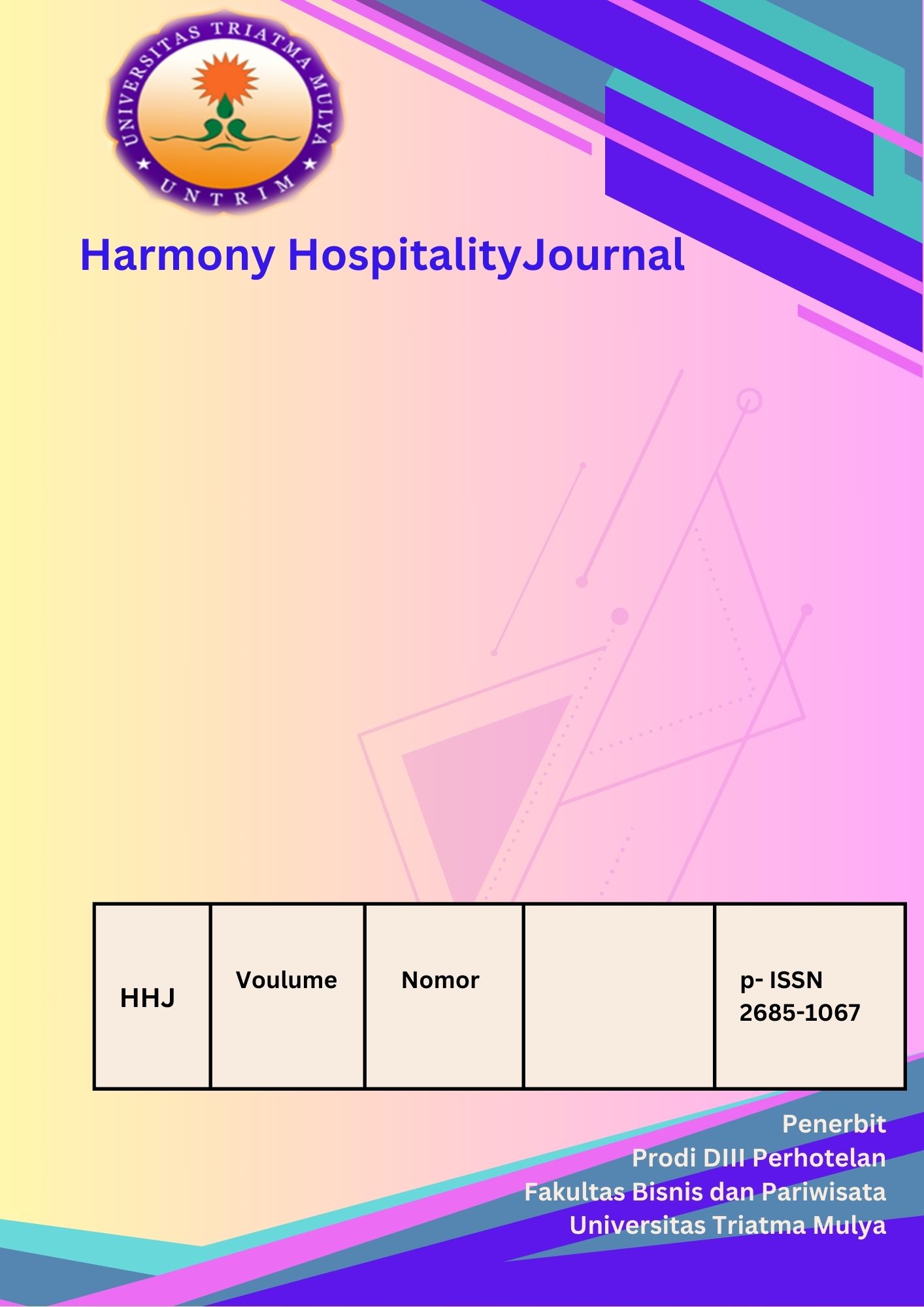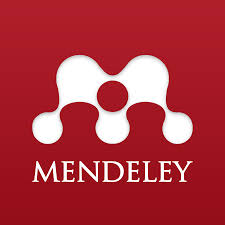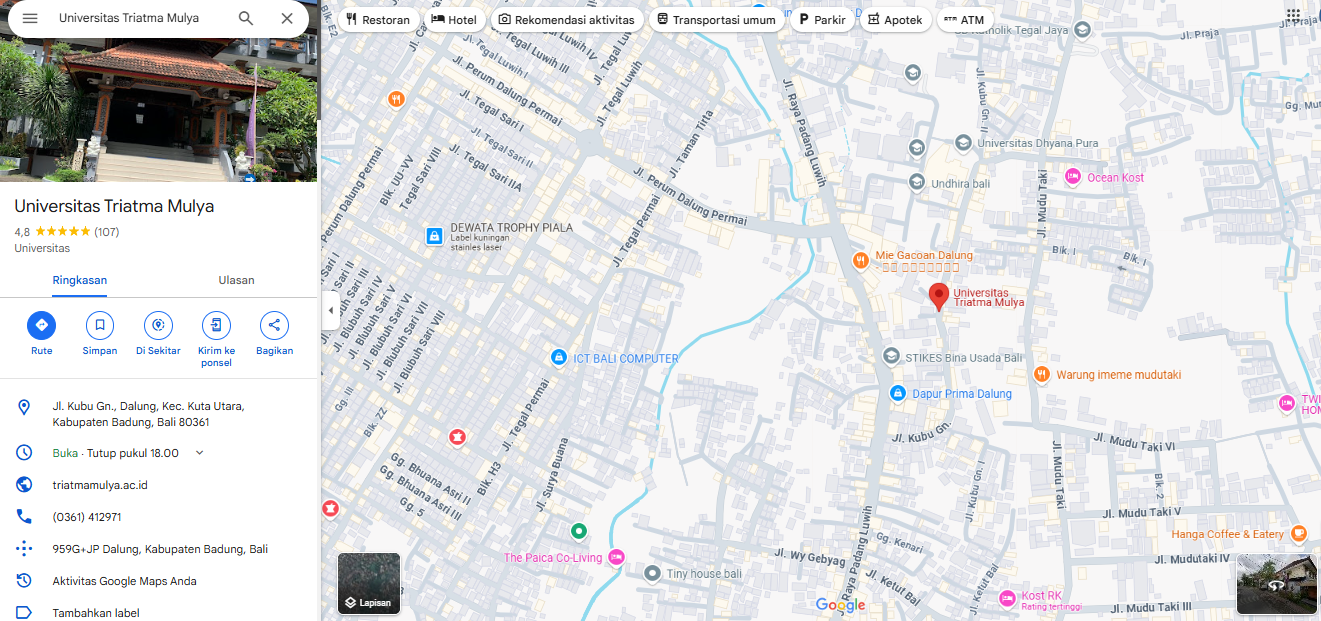Publication
PUBLICATION ETHIC
Harmony Hospitality contains scientific papers from research/study results related to the tourism and hospitality sector. Manuscripts to be published in Harty are original scientific papers and the submitted manuscripts have never been published in print or other electronic media. This following statement clarifies ethical behavior of all parties involved in the act of publishing an article in this journal, including the author, the editor, the reviewer, and the publisher.
1. Duties of Editors
a. editorial independence
Editors evaluate submitted manuscripts exclusively on the basis of their academic merit and its relevance to the journals scope. Decisions to edit and publish are not determined by the policies of governments or any other agencies outside of the journal itself. The Chief Editor has full authority over the entire editorial content of the journal and the timing of publication of that content.
b. Confidentiality
Editors and editorial staff will not disclose any information about a submitted manuscript to anyone other than the corresponding author, reviewers, potential reviewers, other editorial advisers, and the publisher, as appropriate.
Disclosure and conflicts of interest
Editors and editorial board members will not use unpublished information disclosed in a submitted manuscript for their own research purposes without the authors explicit written consent. Privileged information or ideas obtained by editors as a result of handling the manuscript will be kept confidential and not used for their personal advantage. Editors will recuse themselves from considering manuscripts in which they have conflicts of interest resulting from competitive, collaborative, or other relationships/connections with any of the authors, companies or institutions connected to the papers; instead, they will ask another member of the editorial board to handle the manuscript.
c. Publication decisions
The editors ensure that all submitted manuscripts being considered for publication undergo peer-review by at least two reviewers who are expert in the field. The Chief Editor is responsible for deciding which of the manuscripts submitted to the journal will be published, based on the validation of the work
2. Duties of Reviewers
a. Contribution to editorial decisions
Peer review assists editors in making editorial decisions and, through editorial communications with authors, may assist authors in improving their manuscripts.
b. Promptness
Any invited referee who feels unqualified to review the research reported in a manuscript or knows that its prompt review will be impossible should immediately notify the editors and decline the invitation to review so that alternative reviewers can be contacted.
c. Confidentiality
Any manuscripts received for review are confidential documents; they must not be shown to or discussed with others except if authorized by the Chief Editor
d. Acknowledgement of sources
Reviewers should identify relevant published work that has not been cited by the authors. A reviewer should also notify the editors of any substantial similarity or overlap between the manuscript under consideration and any other manuscript (published or unpublished) of which they have personal knowledge.
e. Disclosure and conflicts of interest
Any invited referee who has conflicts of interest resulting from competitive, collaborative, or other relationships or connections with any of the authors, companies or institutions connected to the manuscript and the work described therein should immediately notify the editors to declare their conflicts of interest and decline the invitation to review so that alternative reviewers can be contacted.
3. Duties of Authors
a. Reporting standards
Authors of original research should present an accurate account of the work performed and the results, followed by an objective discussion of the significance of the work. The manuscript should contain sufficient detail and references to permit others to replicate the work.
b. Data access
Authors may be asked to provide the raw data of their study together with the manuscript for editorial review and should be prepared to make the data publicly available if practicable.
c. Originality
Authors should ensure that they have written and submit only entirely original works, and if they have used the work and/or words of others, that this has been appropriately cited. Publications that have been influential in determining the nature of the work reported in the manuscript should also be cited.
d. Multiple Submission
Submission of a manuscript concurrently to more than one journal is unethical publishing behaviour and unacceptable.
4. Duties of the Publisher
a. Handling of unethical publishing behaviour
In cases of alleged or proven scientific misconduct, fraudulent publication or plagiarism, the publisher, in close collaboration with the editors, will take all appropriate measures to clarify the situation and to amend the article in question. This includes the prompt publication of an erratum, clarification or, in the most severe case, the retraction of the affected work. The publisher, together with the editors, shall take reasonable steps to identify and prevent the publication of papers where research misconduct has occurred, and under no circumstances encourage such misconduct or knowingly allow such misconduct to take place.
b. Access to journal content
The publisher is committed to the permanent availability and preservation of scholarly research and ensures accessibility by partnering with organizations and maintaining our own digital archive.






